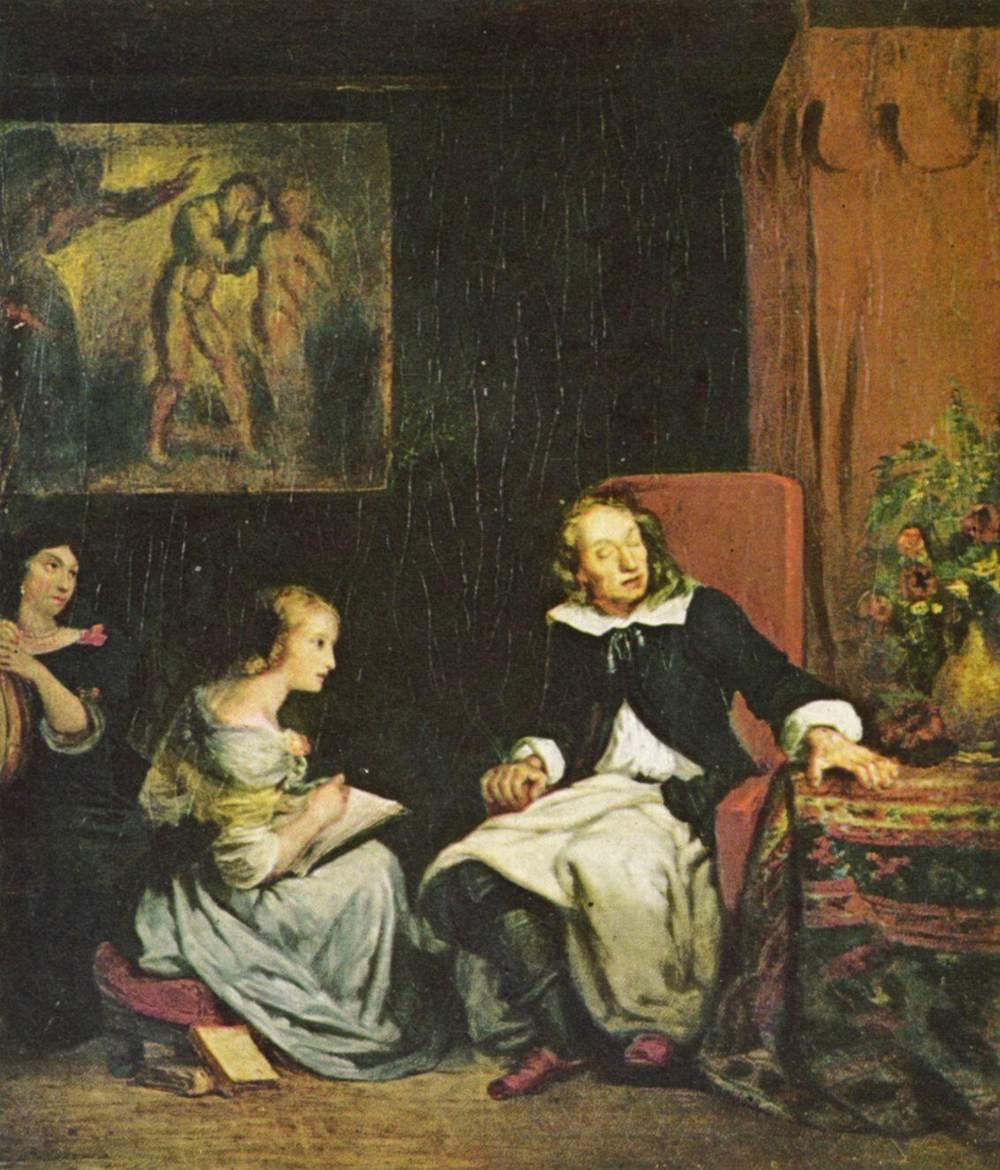
By 1652, in the midst of an active career as the English Protectorate’s Secretary for Foreign Tongues — a job requiring him to function as, simultaneously, translator, censor, and government propagandist — John Milton (1608–1674) was completely blind. His colleague, the poet Andrew Marvell (1621–1678), whose “To His Coy Mistress” appeared here on February 29, served him as an amanuensis in official and private capacities, inscribing from dictation both Milton’s polemical essays and some of his poems. Later, and more famously, between 1658 and 1663, Milton also dictated his great epic, Paradise Lost, from memory, twenty lines at a time, to his daughters Mary and Deborah.
Today’s Poem, Milton’s “Sonnet 19,” which the editor and hymn writer John Newton (1725–1807) later retitled “On His Blindness,” likely dates from the period when darkness had first fallen like a curtain, threatening to separate the writer from h…
Keep reading with a 7-day free trial
Subscribe to Poems Ancient and Modern to keep reading this post and get 7 days of free access to the full post archives.



